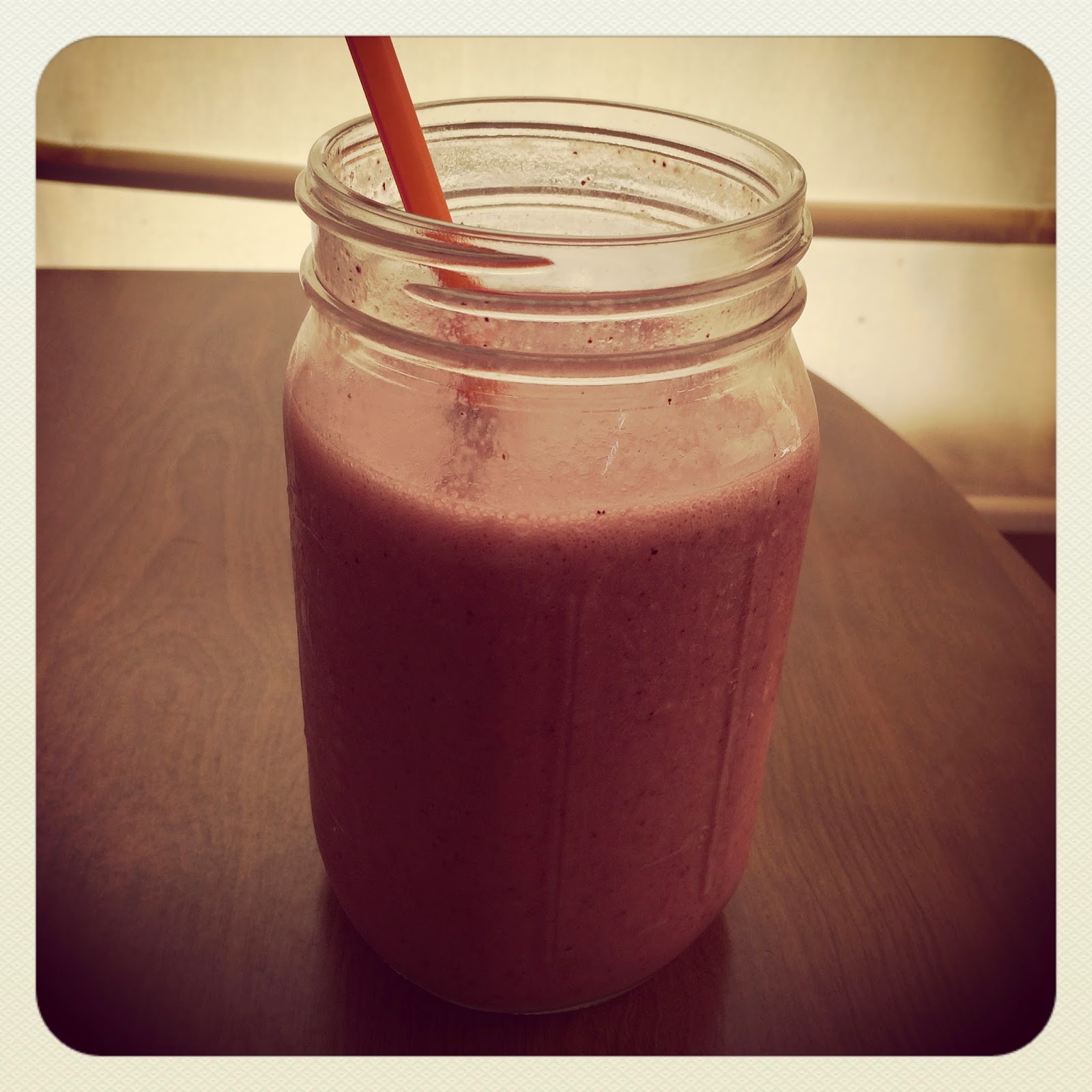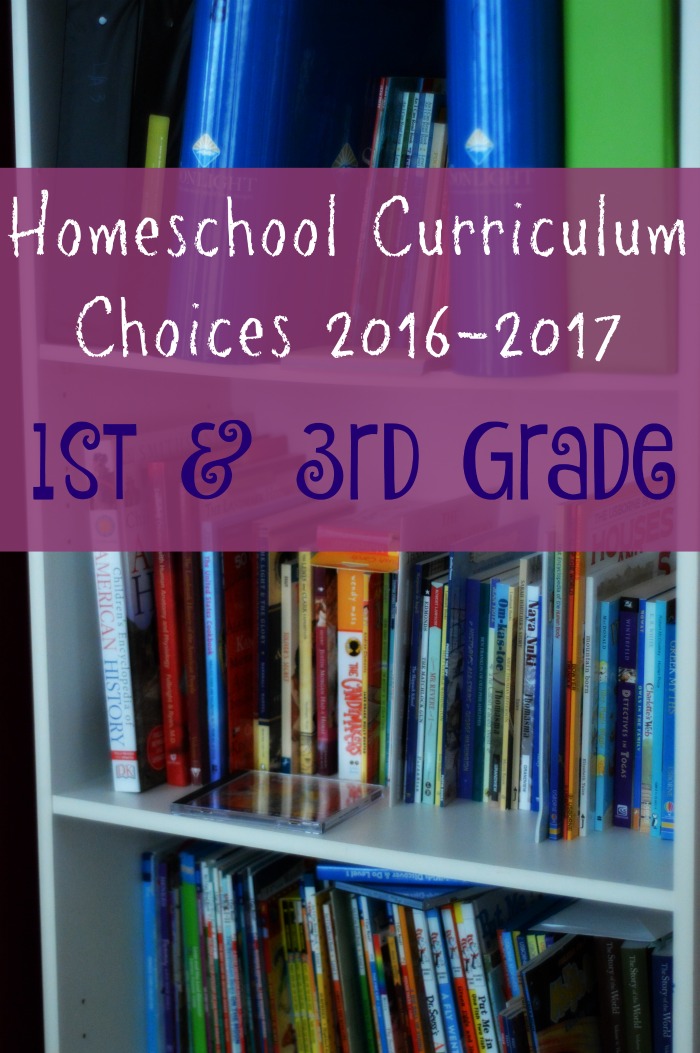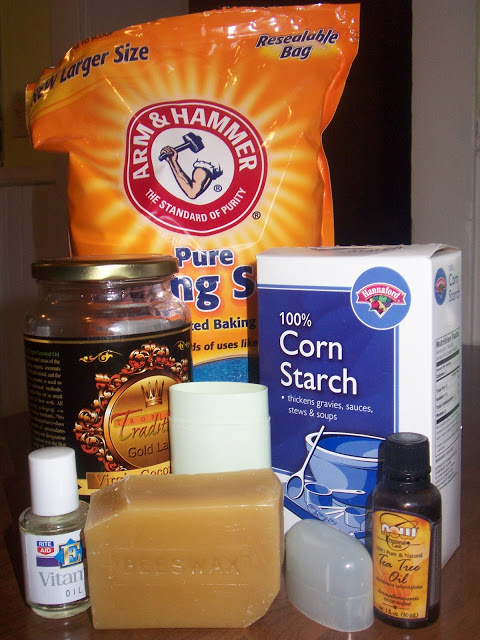Is it possible to eat a local & seasonal plant based diet?
Over the past several months my family has been moving more in the direction of a plant based, whole food diet. We rarely eat meat, but it still makes an appearance once in a while. We do have our chickens for eggs, and I don’t foresee them leaving anytime soon – my kids absolutely love their eggs! But, what I am wondering, is whether or not it is possible to eat a mainly plant based diet and still eat locally?
I know in the summer we have access to an abundant amount of fruits and veggies through our farmers’ market – and until recently, our summer CSA. But what about all the other months? Is it possible to grow enough and preserve enough and not eat meat? I really don’t have the answer, but it is something I have been wondering about for a while now.
There are so many different philosophies when it comes to food, and unfortunately, I find that I fall into several competing ones. Eat a salad every day? Absolutely! Except for the part where lettuce is not growing most of the year in New England. Should I be eating beans/legumes/grains to bulk up all the veggies? Definitely! But, I don’t know of any farmers in my area that are growing rice. Can that be replaced with potatoes for a starch? Yes, but are they as healthy? I don’t know.
I try to eat locally first, and then organic as close to home as I can find. Unfortunately, living in New England, most of the year organic is from very far away. I am lucky that we have a local co-op that carries a large amount of these foods all year round. I can buy local flour and oats, I can even get local organic soy products – if we actually ate tofu, that would be a good thing! But, I know that it is not economical.
I know that you need to vote with your food dollars. I am all for that. However, I also don’t know how sustainable it would be for everyone in our state to eat like my family, and still be able to buy locally. And those late winter/early spring months when most of the root veggies and fermented and canned foods are gone, but the fresh vegetables aren’t growing yet, what do you do?
These are the thoughts that are constantly going through my head when it comes to food. I’m not sure having more meat in our diets would balance everything out, but I also wonder if I could get enough vegetables locally to feed us through the winter and into the spring.
Are these questions that you ask yourself? Do you eat a primarily plant based diet and eat locally? I would love to hear what you do!
Linking up at the Homestead Barn Hop, Clever Chicks, Backyard Farming Connection






It's SO HARD to do it all right. I am constantly changing what my family eats based on my recent thoughts about the health, and impact of the food we eat.
Thank you for sharing with the Clever Chicks Blog Hop this week; I hope you’ll join us again!
Cheers,
Kathy Shea Mormino
The Chicken Chick
http://www.The-Chicken-Chick.com
Very thoughtful post and I enjoyed reading all the responses. That would be a tough thing to try to do but, like Lisa and Wendy mentioned, people did do that in times past…but was it healthy?
I feel like with all the options for food these days, we can individualize our diets. What works for me may not work for you and vice versa. I find that eating dairy is really not great for me, even though I absolutely love cheese, but my son does quite well with dairy in his diet. The lack of choice and availability way back when probably caused a lot of health issues. And I wonder with all the extra nutrition knowledge we have these days if it would be possible to fill in those holes with foods we know to be better for us.
In all honesty, I probably think about food way too much, but it is something I can't seem to get out of my head!
We do eat a plant based diet, and in the winter we do all of our shopping at the grocery store. I do try to buy as much as I can from our local health foods store which does sell locally grown produce. In the summer time we eat mostly from our garden and I'm trying to figure out how to grow enough to last us all winter long. I don't think I will be there anytime soon, but I'm working towards it!
I sometimes wonder if because we have the grocery stores now, we are less likely to try and rely on ourselves for producing food. I definitely feel like that is the case for me. With my gardening, if my cucumbers fail, I will just go buy some from the farmers' market – not that supporting local farmers is a bad thing, but maybe if I didn't have that safety net I would be sure to put netting over my cucumber plants so that I don't get cucumber beetles 🙂
I think there is such a huge learning curve to producing your own food. It is something that we have been working for several years on. Each year I feel like I make more headway, but it seems like it is really only baby steps. I think baby steps are great, but I don't want to be 80 by the time I figure it all out 🙂
That's a hard one. I honestly don't know how.
I really never think about local, I usually worry about organic. But if its being shipped a thousand miles, that's a problem.
Thanks for giving me something to ponder. I really need to check out the local farms around here.
You might consider corn as an alternative to rice. It does grow in New England and was a staple in the native's diet. You'll want to look for and heirloom "field corn" or "popcorn", and not the popular hybrid sweet corn-on-the cob.
Polenta is corn mush, and it's actually pretty versatile, and if you grind it yourself, a much healthier alternative to white rice.
Oats and buckwheat are some other alternatives to rice.
That said, back to foraging, if you can find wild rice, which does grow in New England, you'd be set ;).
I can definitely jump on the popcorn bandwagon 🙂 We are going to attempt growing some popcorn this summer, although I don't know how well it will do, I am still very hopeful!
There was a time when people's diets were all local, and so, clearly, it's "possible", but you'll need to research what the people in your area ate before there were grocery stores :).
I live in Maine, and for me, the optimal seasonal/local diet includes meat, but that doesn't mean that one has to depend on the industrially farmed meat. My family eats meat, but we raise our own chickens and rabbits. We buy meat, exclusively, from local farmers. The caveat is that we have to buy it in bulk – a quarter of the animal or more at a time, which can be a lot to spend all at once, and we need to be able to store it. Last fall, we bought a pig share from a local 4Her, and I just spoke with my butcher, who is preparing the lamb we purchased from a different 4Her. My husband is a bow-hunter and supplied our Thanksgiving turkey.
Another, perhaps difficult to accept, reality for most suburbanites is that if you want to eat locally and seasonally, you'll need to know what grows naturally where you live and learn to find and use those foods. That is to say, you might want to look into foraging as a part of your dietary lifestyle. There are a lot of wonderful wild foods (including maple syrup, if you're in the northeast ; ). One just has to know what they are and where (and when) to look for them.
You are right, though, that this time of year can be tough, because it seems like nothing's growing. I don't buy produce from the grocery store, either, and we depend, heavily, on the food we store during the growing season (home-canned fruits, frozen berries, apples, and storage vegetables like potatoes and winter squash), and for greens, I grow my own sprouts.
During the summer, I'd say that you could have a wholly vegetarian diet of local foods, both farmed and foraged, but to maintain optimum health, you might want to consider adding meat, at least during the winter (especially fish, because it's during the winter that we New Englander's really need Vitamin D, and fish is the best dietary source of this vitamin).
Wendy, I'm glad you are chiming in here! I know that you do an incredible amount where you are in Maine. We are definitely not anti-meat, it is just something that health wise isn't as great for us. I am definitely not opposed to hunting. Venison was in my mom's freezer ever winter, and once in a while we would be lucky enough to get some moose meat from a friend. I think there are a lot of options in Maine for local eating – which I am absolutely ecstatic about, but the winter definitely troubles me in regards to the vegetables.
Like I said above to Lisa, I think that it would take a lot more planning on my part, and a lot more research, but it is something I am willing to do. I wish that the economics of eating well wasn't such a barrier in the short term (because obviously healthy eating prevents medical costs down the road).
I think the loss of my summer CSA share this year has really gotten me to start thinking more seriously about the space we have available here, and try to use it more to our advantage.
And thanks for the tip on fish in the winter – I didn't realize that fish was high in Vitamin D – and I definitely love fish 🙂
I've been a vegetarian since I was 10 years old (by choice, my parents were not), so this is on my mind a lot, especially because I think local foods are the way we need to head in the future. In summer, it is very easy to eat a purely local foods vegetarian diet, and I do ok in the winter, too, but it requires a lot of food preservation skills and I'm not all the way there yet (but getting closer!). Also, I definitely do eat eggs, cheese, and milk. I have also started to come to terms with the fact that if our industrial food system ever does happen to crash, I probably will need to eat meat. A final thought – my dream would be to establish a food community that incorporates animals into production (we need them for manure, etc.), but in a vegetarian fashion as they are able to do in India.
Thanks for starting a discussion about this.
Yes, we do love our eggs here, and our chickens provide manure for our garden. I agree that we need animals involved in our vegetable production, not separated the way that CAFO's currently do it – that isn't healthy for anyone, animals or people. I wish that we all had a lot more knowledge of "how things used to be" as far as preserving food. I feel like this generation of people trying to be more self-sufficient is starting from scratch. We don't have the parents or grandparents to help us with a lot of those types of things.
It must be possible, since people used to do so, but they also ate meat they raised, and probably didn't get a lot of veggies in the winter aside from cabbages/potatoes/onions, and I'm not sure how healthy that really is? I like a wider variety.
I think the meat is the key here. People used to eat all local all the time, there was no other choice. I think it would take a lot more planning on my part to have the plant based local diet that I hope for. Might be an interesting experiment for next winter 🙂
I have been considering exactly the same questions. I live in Iowa, am single, work almost full time and just have a small backyard. I can get food from anywhere in the world, but am concerned about the ethics of doing so. I have started installing a permaculture landscape on my suburban lot and hope to learn to can, etc. But, so many questions remain. I look forward to further comments.
A permaculture landscape is awesome! I think it is definitely the way to go. I have the same ethics concerns. I obviously want to do the best for my family, but I don't want to hurt others by doing that. Thanks for commenting!
My situation is a little different from yours since I live in the south, have two planting seasons and a green house. Yes, I do eat a plant based diet year round and except for avocados and some fruits I only eat what I grow. My goal is to only spend $ 100.00 a month in a store;I'm not there yet,but I keep trying. I am wondering if you could grow lettuce in your home, maybe on a flat near a window? I have never lived in New England so am not sure of the amount of sunlight you receive each day.
wow! $100/month at the store! That would be awesome for me 🙂 I have been thinking about getting a little greenhouse type shelving unit to put in the warmest and sunniest spot in my house – which happens to be an upstairs entry way. I also have been trying to figure out if I can make a cold frame for the fall/winter to try and grow the hardy greens like kale.
Like you, I try my best to eat local, then organic from the USA and the closer to New England for me, the better. I'm becoming increasingly skeptical of organics though, especially Ones outside the US. I also try to balance everything and consider the dirty dozen/clean 15. Such a process and factor in our budget as well. I guess you could say I do the best I can given our budget, geographic location and knowledge. Can we do better? Absolutely! A lot to think about, I consider it a never ending food journey that I'm always evaluating.